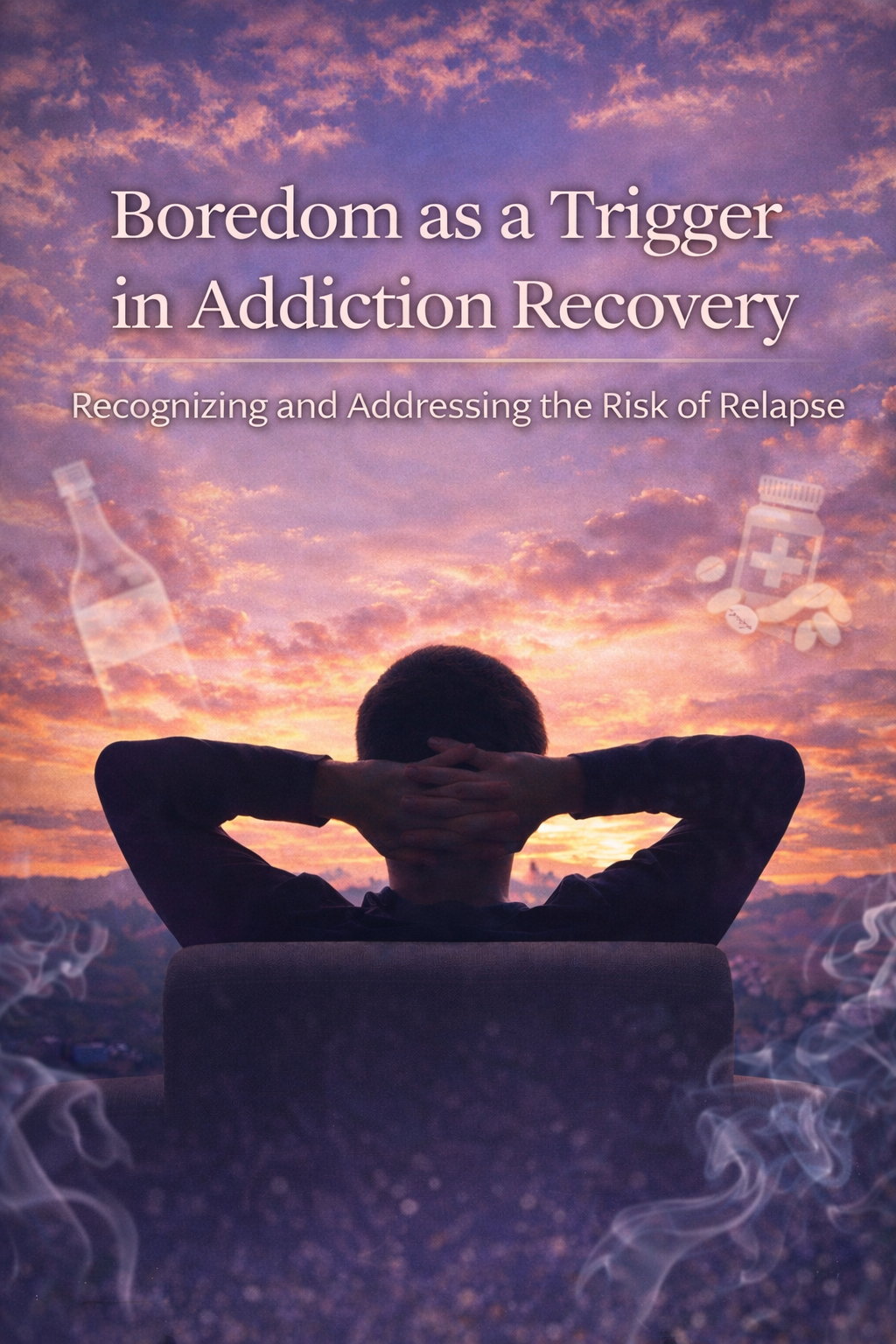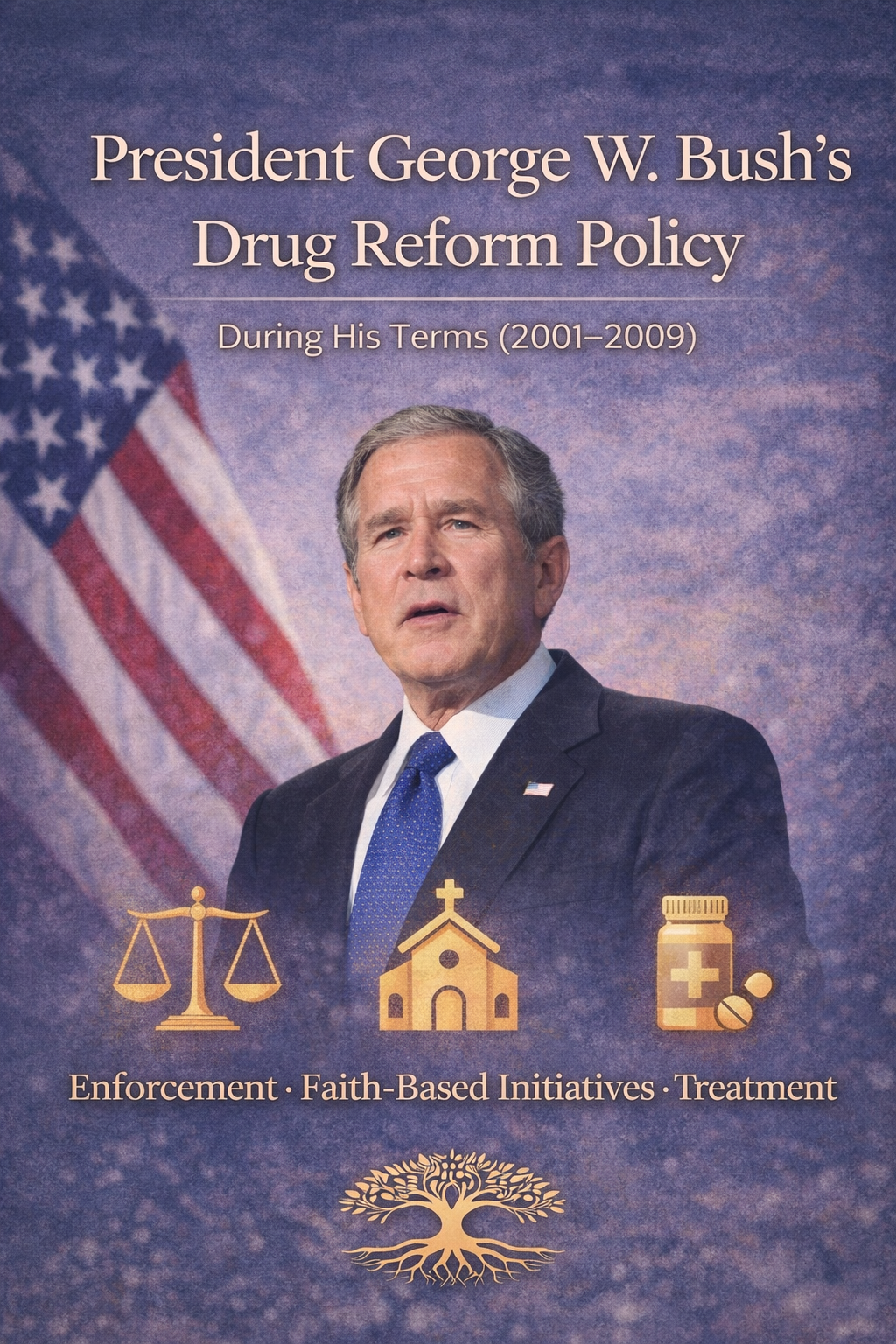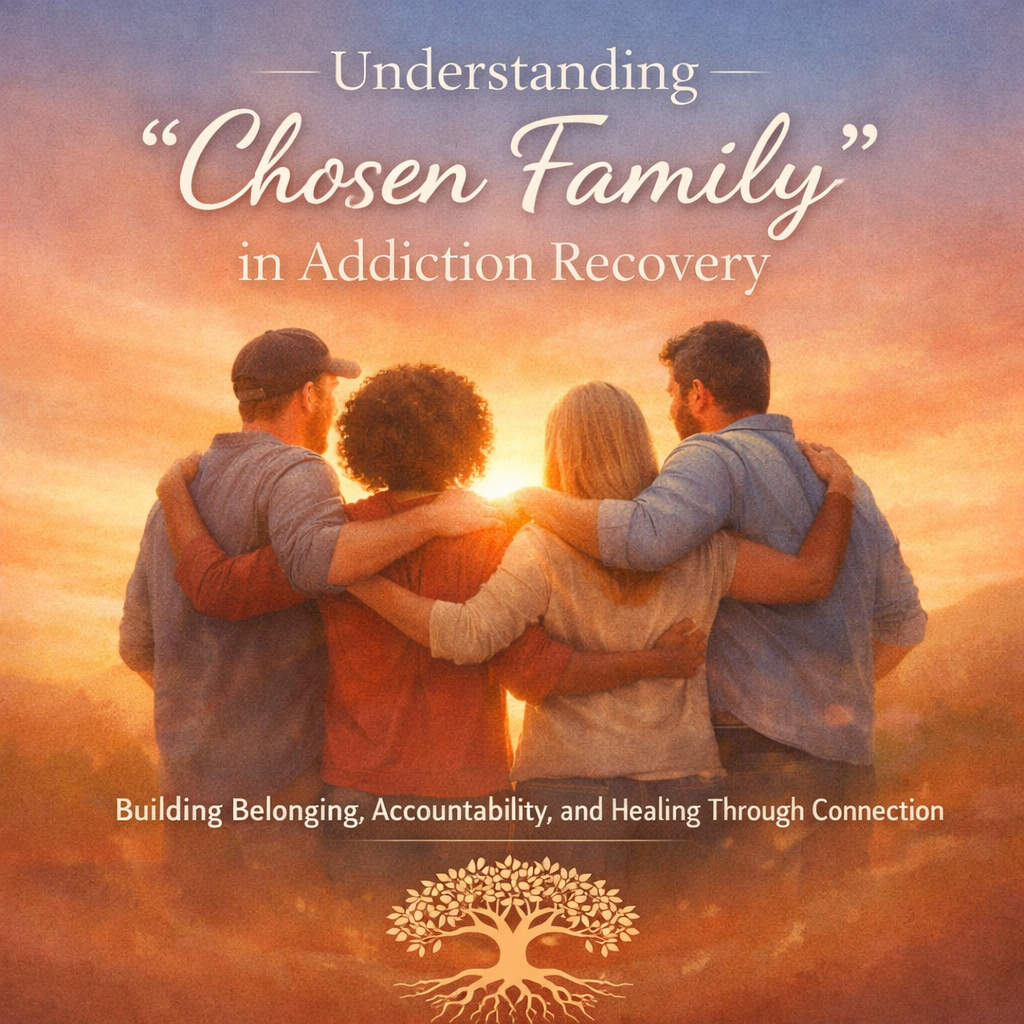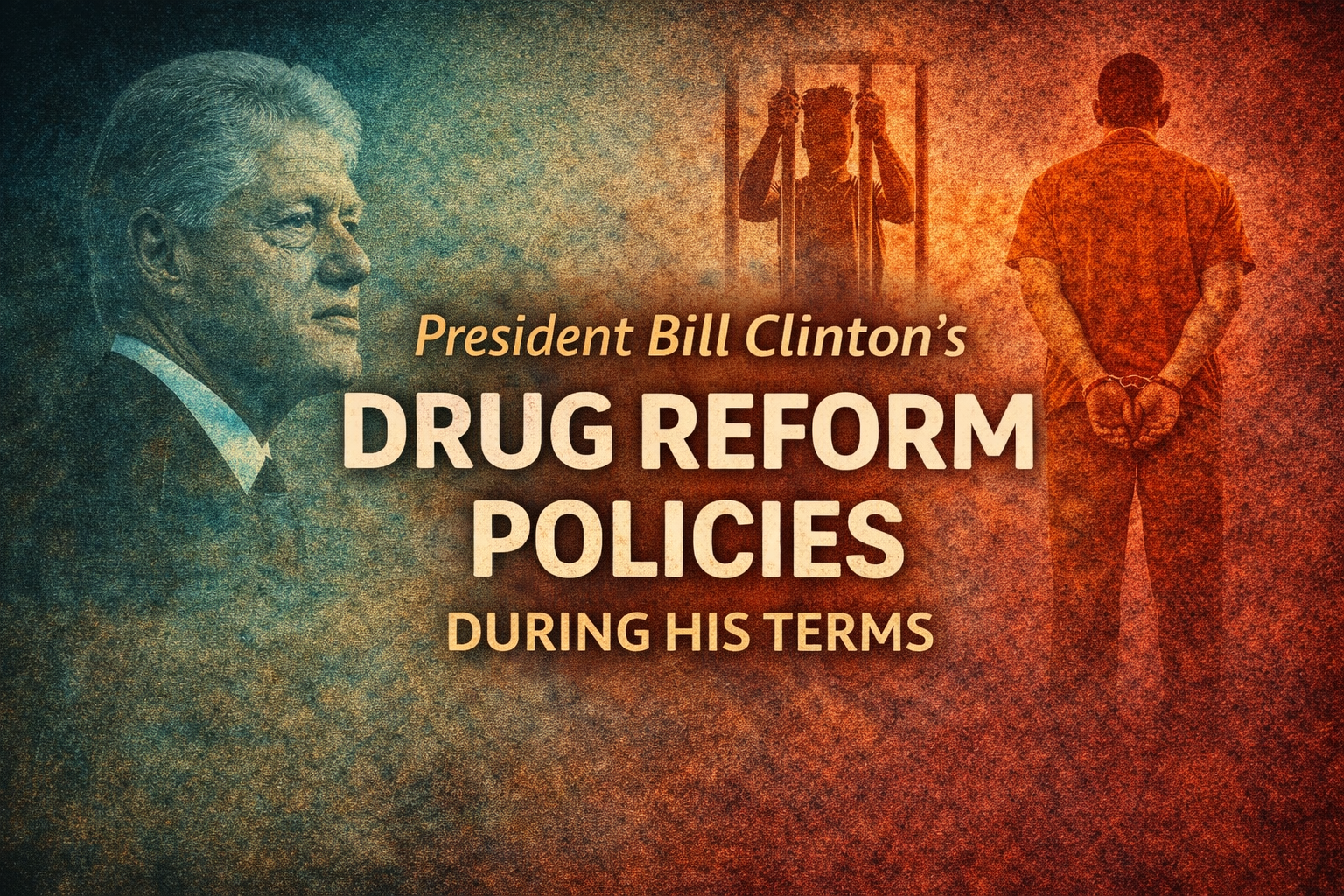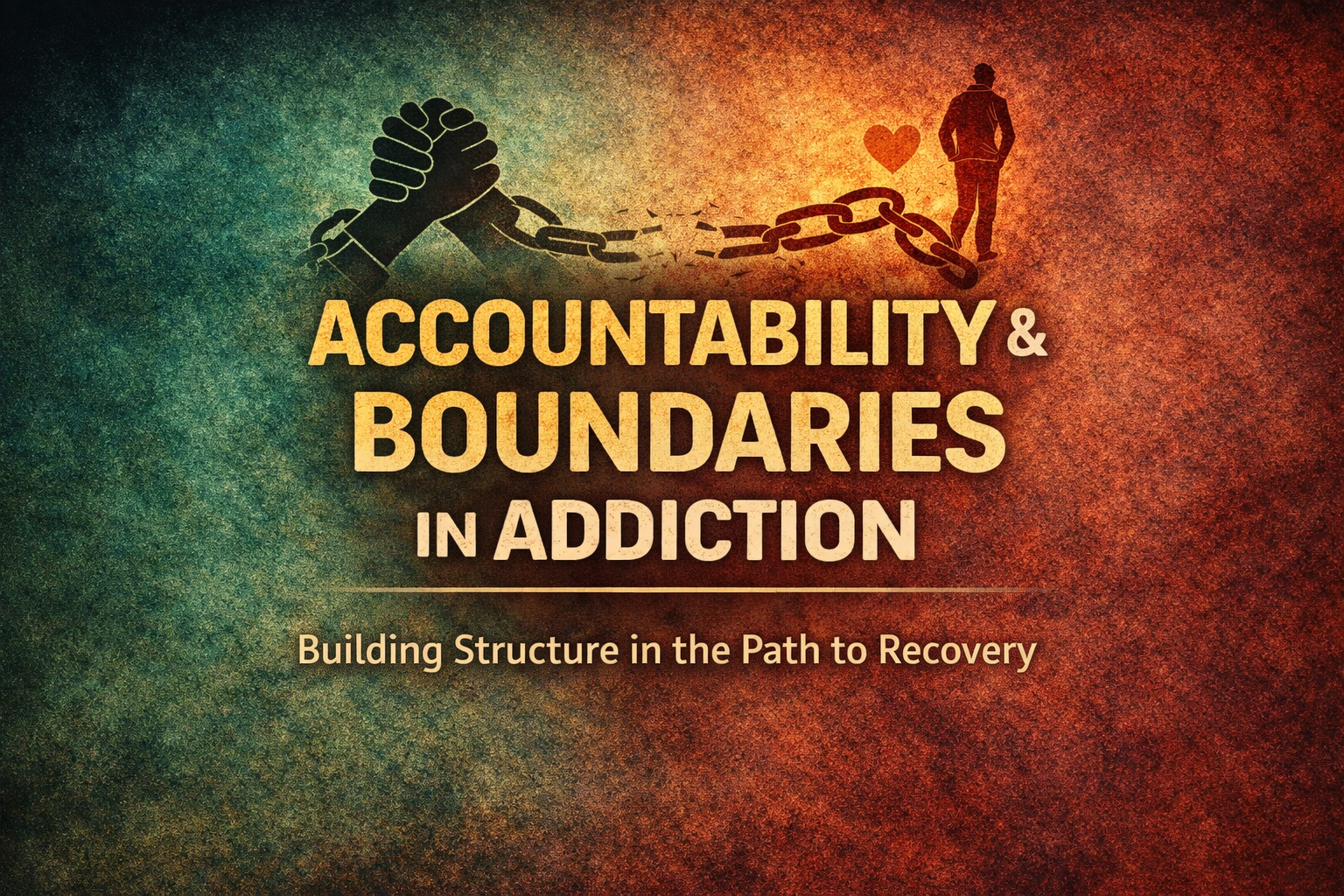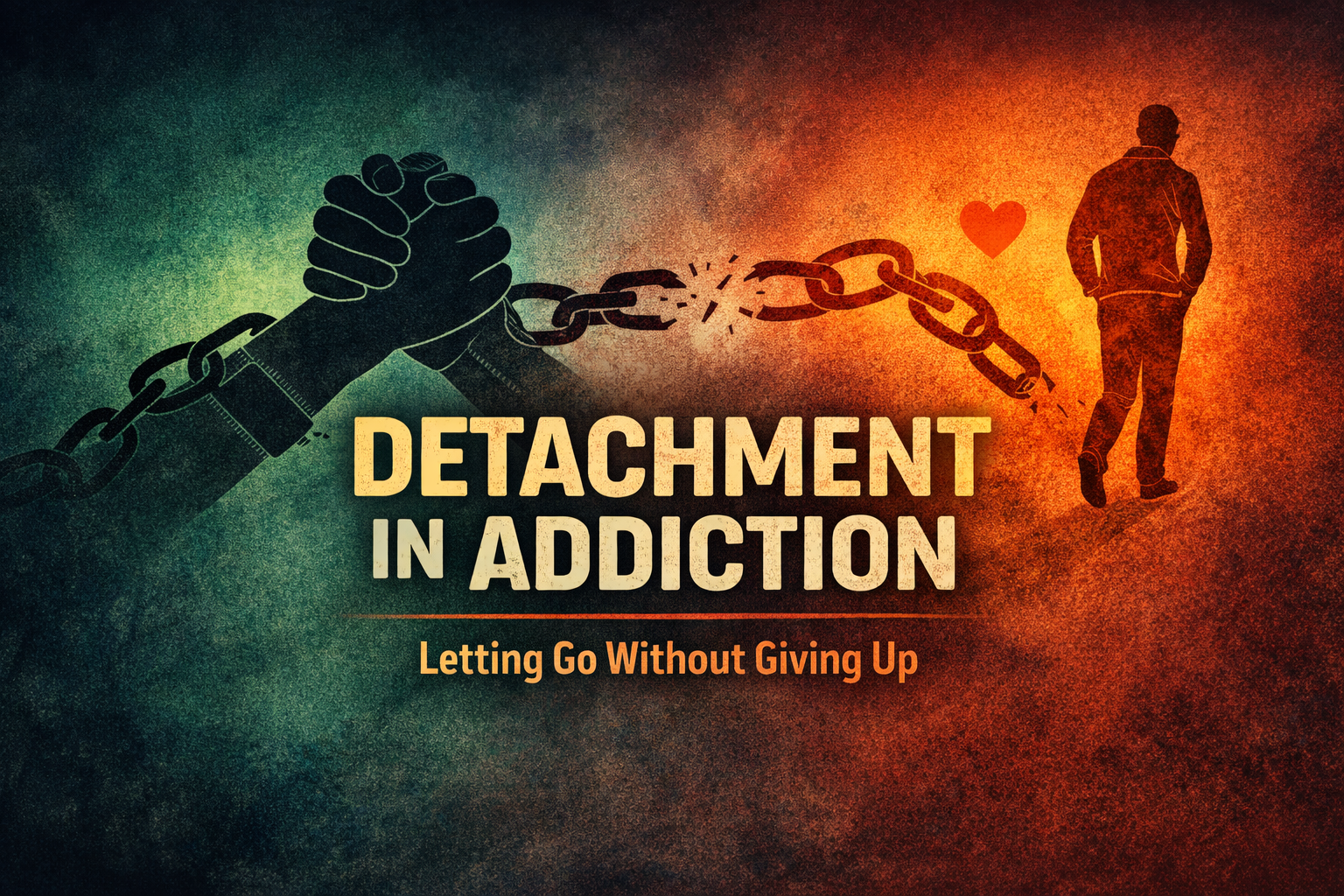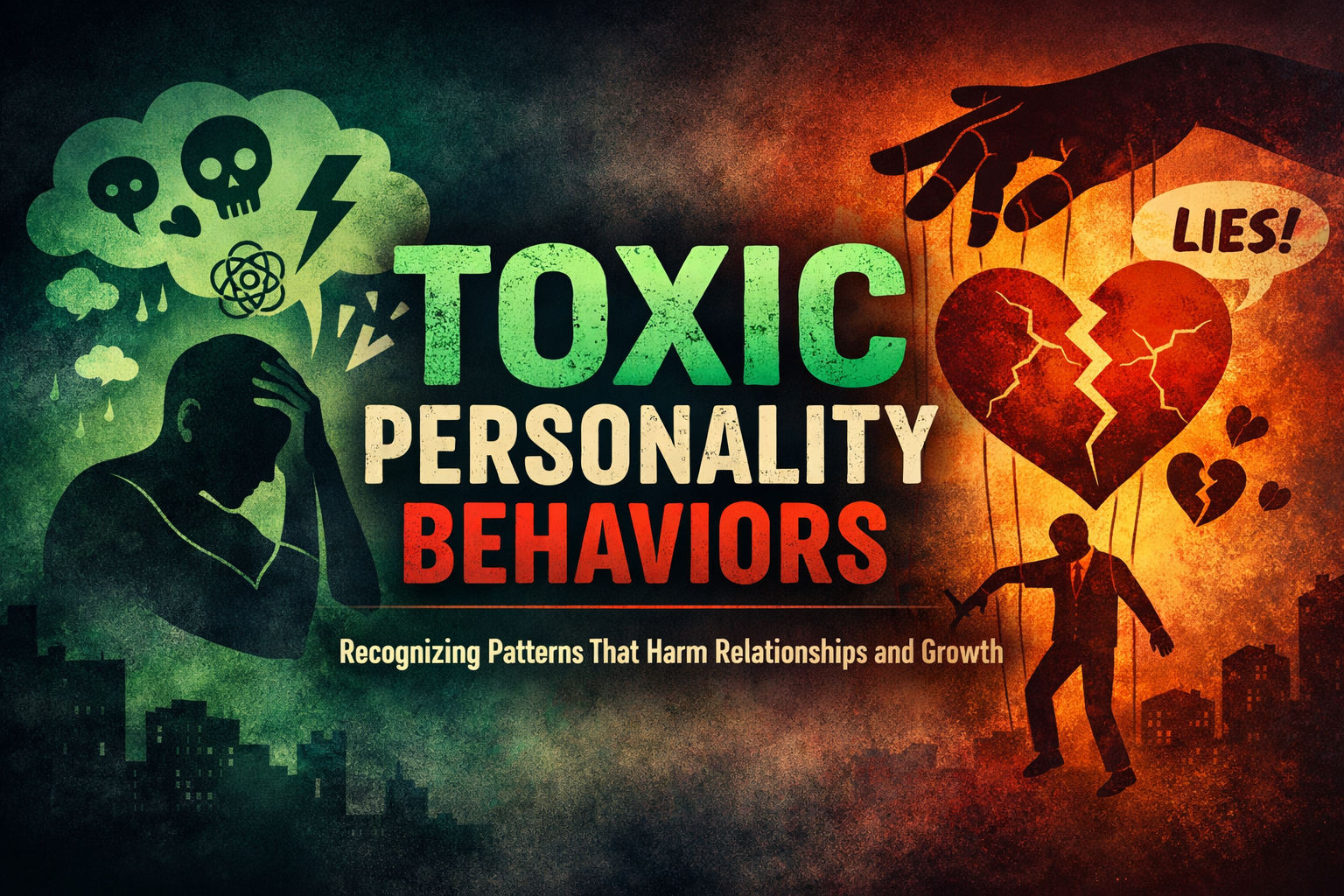Boredom in Addiction Recovery
Boredom is one of the most underestimated relapse triggers in addiction recovery. While individuals often prepare for obvious stressors such as conflict, trauma reminders, or social pressure, periods of unstructured time and low stimulation can quietly increase vulnerability. After substance use has artificially elevated dopamine and structured daily routines, early recovery may feel emotionally flat … Read more
